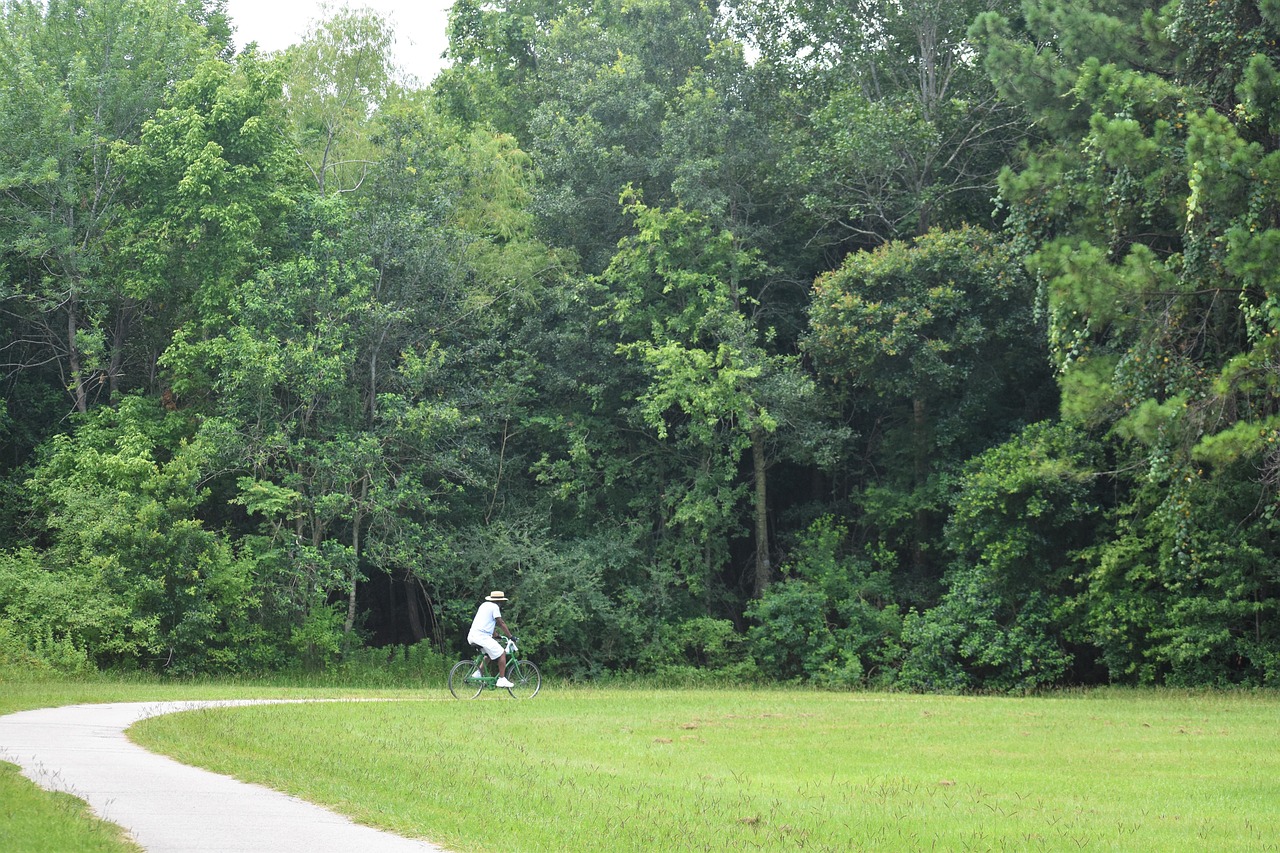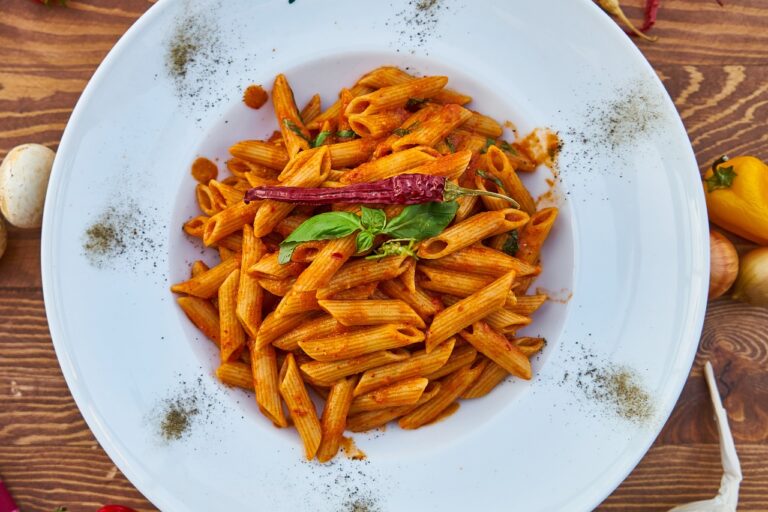The Role of Perfume in Traditional Healing Practices: Herbalism and Aromatherapy
betbook250 com, reddy anna book online, playlotus365 com:The Role of Perfume in Traditional Healing Practices: Herbalism and Aromatherapy
Perfume has been used for centuries in traditional healing practices, with both herbalism and aromatherapy playing crucial roles in harnessing the power of scents for physical, emotional, and spiritual well-being. In this article, we will explore the fascinating history of perfume in traditional healing practices and how it continues to be used today to promote overall health and wellness.
The History of Perfume in Traditional Healing Practices
Perfume has a rich and ancient history that dates back thousands of years. The ancient Egyptians were one of the earliest civilizations to use perfume in healing practices, believing that scents had the power to evoke different emotions and bring about physical healing. They used a variety of botanical ingredients to create perfumes that were used in religious ceremonies, as well as for medicinal purposes.
Similarly, in ancient Greece and Rome, perfume was considered a powerful tool in promoting health and well-being. The famous physician Hippocrates believed in the healing power of scents and used fragrant oils in his treatments. The use of perfume was also prevalent in traditional Chinese medicine, where it was believed to balance the body’s energy and promote overall health.
Herbalism and Aromatherapy: Harnessing the Healing Power of Scents
Herbalism and aromatherapy are two practices that have long utilized the healing power of scents. Herbalism involves using plants and botanical ingredients to promote health and treat various ailments, while aromatherapy uses essential oils extracted from plants to evoke different emotions and promote overall well-being.
In herbalism, perfumes are often created using a combination of herbs, flowers, and other plant materials that have specific healing properties. These perfumes can be used topically, inhaled, or diffused to treat a variety of ailments, such as headaches, insomnia, and digestive issues. Each plant ingredient brings its unique properties to the perfume, creating a synergistic blend that can promote healing on multiple levels.
Aromatherapy, on the other hand, focuses on the use of essential oils to promote health and well-being. These highly concentrated plant extracts are known for their potent therapeutic properties and can be used in a variety of ways, including inhaled through a diffuser, added to bathwater, or applied topically in diluted form. Each essential oil has its unique scent and healing properties, making it a versatile tool in promoting overall wellness.
The therapeutic benefits of perfume in traditional healing practices are vast. Some of the most common uses include:
– Stress relief: Certain scents, such as lavender, chamomile, and ylang-ylang, are known for their calming properties and can help reduce stress and anxiety.
– Pain relief: Essential oils like peppermint, eucalyptus, and rosemary have analgesic properties that can help alleviate pain and inflammation.
– Immune support: Some essential oils, such as tea tree, eucalyptus, and lemon, have antibacterial and antiviral properties that can help boost the immune system and prevent illness.
– Mood enhancement: Scents like citrus, jasmine, and rose can help uplift the spirits and promote a positive mood.
FAQs
Q: How can I incorporate perfume into my daily wellness routine?
A: There are many ways to incorporate perfume into your daily wellness routine. You can diffuse essential oils in a diffuser, add a few drops to your bathwater, create your perfume using a blend of essential oils and carrier oils, or use a roll-on perfume infused with essential oils.
Q: Are there any safety precautions I should take when using perfume in traditional healing practices?
A: It’s essential to dilute essential oils before applying them to the skin, as they are highly concentrated and can cause irritation or allergic reactions. It’s also important to do a patch test before using a new oil to ensure you don’t have a negative reaction. Pregnant women, children, and individuals with certain medical conditions should consult with a healthcare professional before using essential oils.
Q: Can perfume help with insomnia?
A: Yes, certain essential oils like lavender, chamomile, and sandalwood are known for their calming properties and can help promote relaxation and improve sleep quality. Diffusing these oils in your bedroom before bedtime or adding a few drops to your pillow can help create a soothing atmosphere that promotes restful sleep.
In conclusion, perfume plays a significant role in traditional healing practices, with herbalism and aromatherapy harnessing the power of scents to promote health and well-being on multiple levels. By incorporating perfume into your daily wellness routine, you can experience the therapeutic benefits of these ancient healing practices and support your overall health and vitality.






